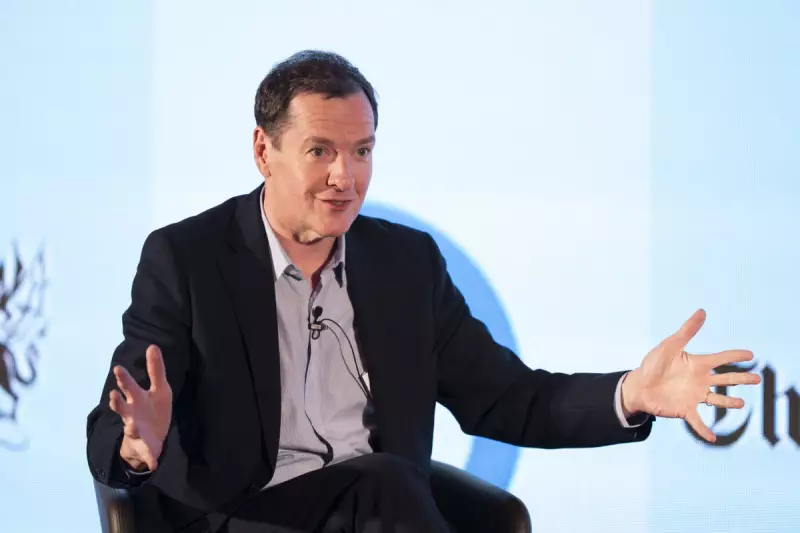
The Qualifications and The Controversy
George Osborne finds himself at the centre of banking speculation once again, as reports suggest he's a leading contender for the chairmanship of HSBC. On paper, the former chancellor appears remarkably well-qualified for the role. Though he lacks direct frontline banking experience, Osborne brings substantial credentials: a former chancellor of the exchequer, former editor of the Evening Standard, current chair of the British Museum, and someone intimately familiar with high-level financial negotiations.
His understanding of global politics, particularly in Asia and China where HSBC maintains its strongest presence, represents another significant advantage. Osborne's comfort in dealing with world leaders, regulators, and policymakers would undoubtedly serve him well in navigating the complex international banking landscape.
The Shadow of the Sinaloa Cartel Scandal
However, one critical aspect of Osborne's history with HSBC should give pause for consideration. In 2012, while serving as chancellor, Osborne intervened directly in an American investigation that threatened criminal prosecutions against HSBC and its senior executives.
US authorities, including the Drug Enforcement Administration and CIA, had uncovered shocking evidence that HSBC had enabled the laundering of billions of dollars for Mexican drug lord El Chapo and his Sinaloa cartel. The scale of the operation was staggering - the cartel was responsible for approximately 25% of all drugs entering the United States.
The mechanics of the scheme revealed deliberate exploitation of banking systems. Mexican drug cartels deposited US dollars earned from narcotics sales through specially designed pouches that fitted under tellers' windows. While Mexican law required accounts to be held in pesos, HSBC employees developed a system where peso amounts were instantly transferred to a paper-only branch in the Cayman Islands, where the money could be maintained in US dollar accounts.
This HSBC Mexico (Cayman) branch existed only electronically, serving as a conduit for converting and moving drug proceeds through the international financial system. The money then funded purchases of everything from real estate to weapons and even mini-submarines for transporting more drugs.
Intervention That Prevented Prosecution
As the US Department of Justice prepared criminal indictments, Osborne sent a private two-page letter to Federal Reserve chair Ben Bernanke and Treasury secretary Timothy Geithner. In it, he argued that prosecuting "such a systemically important institution" as HSBC could lead to financial "contagion" and risk destabilising the bank globally.
Osborne specifically warned about the potential impact on financial stability in Europe and Asia, effectively positioning HSBC as too big to jail. Despite no evidence supporting these claims, American authorities relented, opting instead for a record $1.9 billion fine and a deferred prosecution agreement rather than criminal charges.
The then Governor of the Bank of England, Mervyn King, later expressed his view clearly at his retirement dinner, with Osborne present: "It is not in our national interest to have banks that are too big to fail, too big to jail, or simply too big."
As Osborne potentially prepares to lead the very institution he helped shield from criminal accountability, serious questions remain about whether this history represents valuable experience or a concerning precedent that should disqualify him from overseeing the bank's governance and compliance functions.




